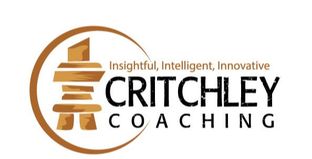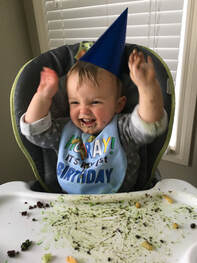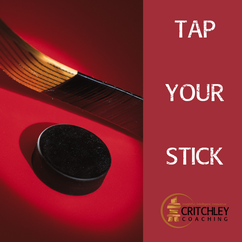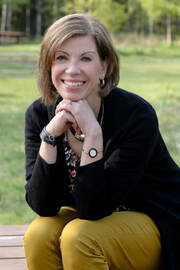
It’s been a heartbreaking time really.
At each Celebration of Life, literally hundreds and hundreds of people showed up, as I did. It sounds trivial to say, but it was comforting, even nice, to be among so many kind, familiar faces, some from the community, some from our past connective activities, some strangers to me but not to the families, all of us showing up to show our support.
As I’ve pondered these women’s lives and the fragile nature of each of our lives, I’ve given some thought to the idea of showing up.
Showing up for a Celebration of Life seems like the obvious and kind thing to do. I am lucky to be part of a community where we do this. We all do this. We show up to support the family in their grief. We show up to remind ourselves that we are part of a larger community and as such we have a part to play in bearing witness to the stages of each others lives. We also show up because it feels right to be there.
It is sitting deeply with me this week, that if we are willing to do the kind and obvious thing of showing up in death, are we equally willing to do the kind and obvious thing of showing up for each other in life?
And by showing up, I don’t just mean showing up. I mean showing up.
Last weekend, our daughter, Kaitlyn was preparing to return to teaching after her year-long maternity leave. She decided to head into her school on Saturday to make sure she was prepared for her first week back. She had figured out her lessons in the weeks ahead and she planned to spend the day organizing her classroom and getting materials prepared for the students.
When Kaitlyn arrived at school, she could see she had underestimated the task. The work she would usually do over a week in the summer to prepare was too big for one day, and as every parent returning to work can imagine, she was overwhelmed. She texted and told me. I asked if she could use some help. “Yes. I’d love that.”
I know how to read between the lines.
Recognizing that this might be bigger than the two of us, I called my good friend, Coralie, explained the situation and within twenty minutes Coralie, her daughter, Kayley and I were on our way, heading for her school.
About 4 ½ hours later, with four of us working steadily, the classroom was transformed. Bulletin boards were covered, shelves were organized, desks were cleaned, displays were put up, and we were tired.
Coralie and Kayley had shown up.
They had not awakened that Saturday morning with nothing to do. Both of them work, both have family commitments, both have hobbies and both have a laundry list of to-do’s to try to check off on Saturdays. Both would have loved a day off. Both were in their pyjamas when I called. Both showed up.
And by showing up, I don’t just mean showing up. I mean showing up.
They could have arrived and done the same job without really ‘showing up’. Instead they understood the overwhelm Kaitlyn (and I) were feeling, they acknowledged it and they spent the day helping us not only get the job done, but making us feel supported and seen. It’s hard to verbalize what showing up means, but it is impossible to miss the feeling.
Coralie has shown up for me my entire adult life. She shows up for me when a classroom needs help. She also shows up for me in every small interaction she and I have. With her, I know that when she is with me, sometimes by text or phone or email, she is showing up. She is plugged in, engaged and not acting like she is just putting in time. She has a way of making me, and every one else she engages with, feel valuable, visible and safely held. This girl knows how to show up for life.
At the Celebration of Marilyn’s life this week, and at Janet’s a couple of months ago, everyone there showed up. No one had critical phone calls to answer. No one needed to post to, or check in with Facebook or Instagram. No one was looking over a shoulder for a ‘better’ conversation. Each of us was there for one reason. To help those families feel valuable, visible and safely held.
My inquiry for you this week is, ‘How am I showing up?’
Elizabeth is a certified, professional Life and Leadership Coach, and the owner of Critchley Coaching. She is also the founder and president of the Canadian charity, RDL Building Hope Society. She works with corporations, non-profits and the public sector, providing leadership and personal coaching for individuals and teams. She creates and facilitates custom workshops for all sizes of groups. Contact Elizabeth to learn how show up in your own life and in the lives of others.







 RSS Feed
RSS Feed